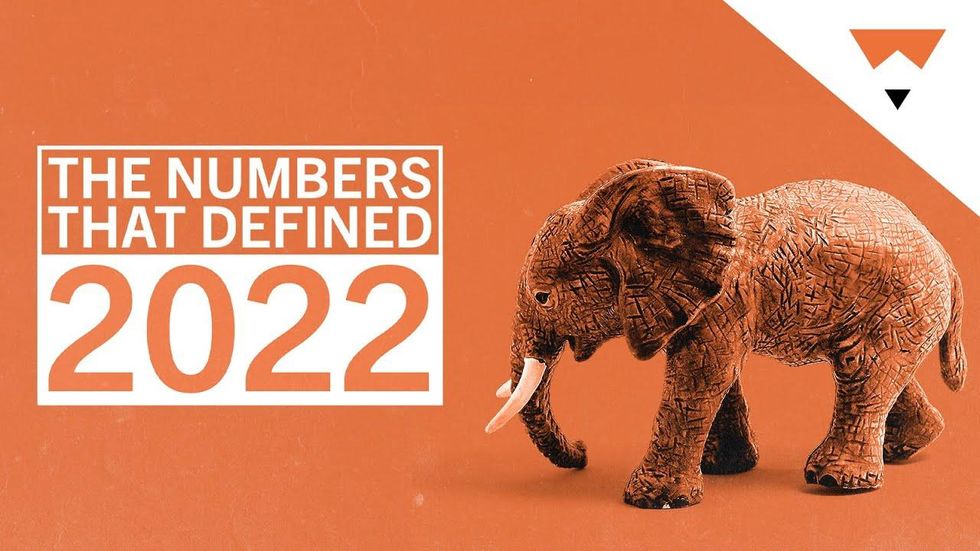Welcome to The Fulcrum’s daily weekday e-newsletter where insiders and outsiders to politics are informed, meet, talk, and act to repair our democracy and make it live and work in our everyday lives.
Organizing for collective impact: Prepared for anything, more effective at everything

On March 31, 2022, not long after Russia invaded Ukraine, attendees at a Unite America Brewer Fellows reception were asked to discuss how partner nations were able to respond so quickly and effectively to help Ukraine. The conclusion was that the relationships that had been formed between Ukraine and partner nations through joint capacity building and rehearsed interoperability enabled them to be prepared for the invasion.
The question then is how can these lessons learned from Ukraine be applied to promoting democracy and civic health in the U.S.?
Democracy means more than just holding elections

Democracy means more than just holding elections. And, “the people” are more than just voters. Yet, “we, the people,” have allowed our role as popular sovereigns to be reduced to benchwarmers.
Democracy is supposed to be a system through which “the people” exercise power. That power appears to have been lost. We have effectively made “the people” the equivalent of designated hitters -- we participate sparingly (every two years); give our best go at having an impact (casting votes in elections decided by other factors--namely, money); and, spend the rest of our time cheering for our respective teams.
Video: The number that will shape Republican politics in 2023

Winning just nine more House seats than Democrats in the 2022 midterms means the Republican caucus has very little room for error.


















Trump & Hegseth gave Mark Kelly a huge 2028 gift